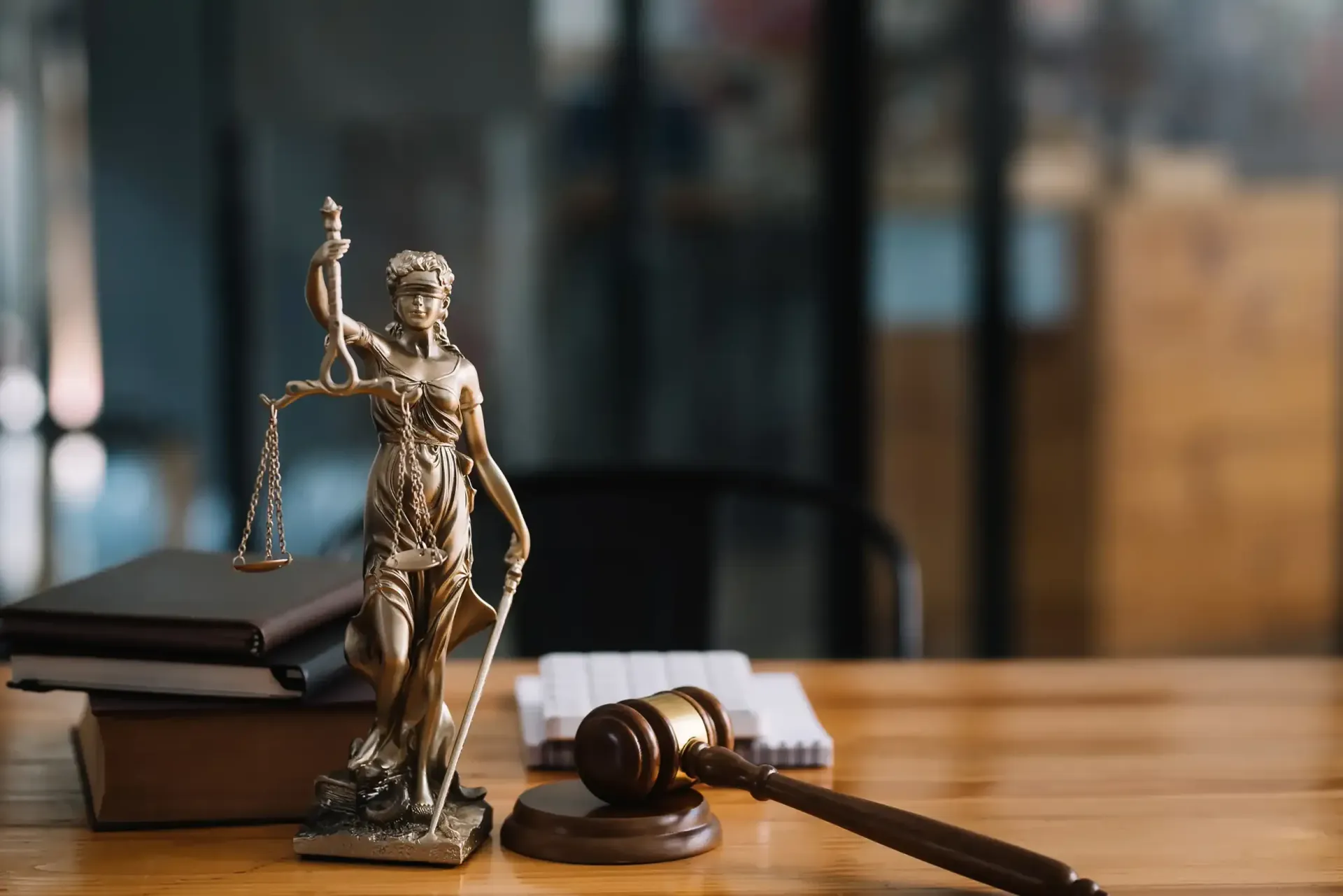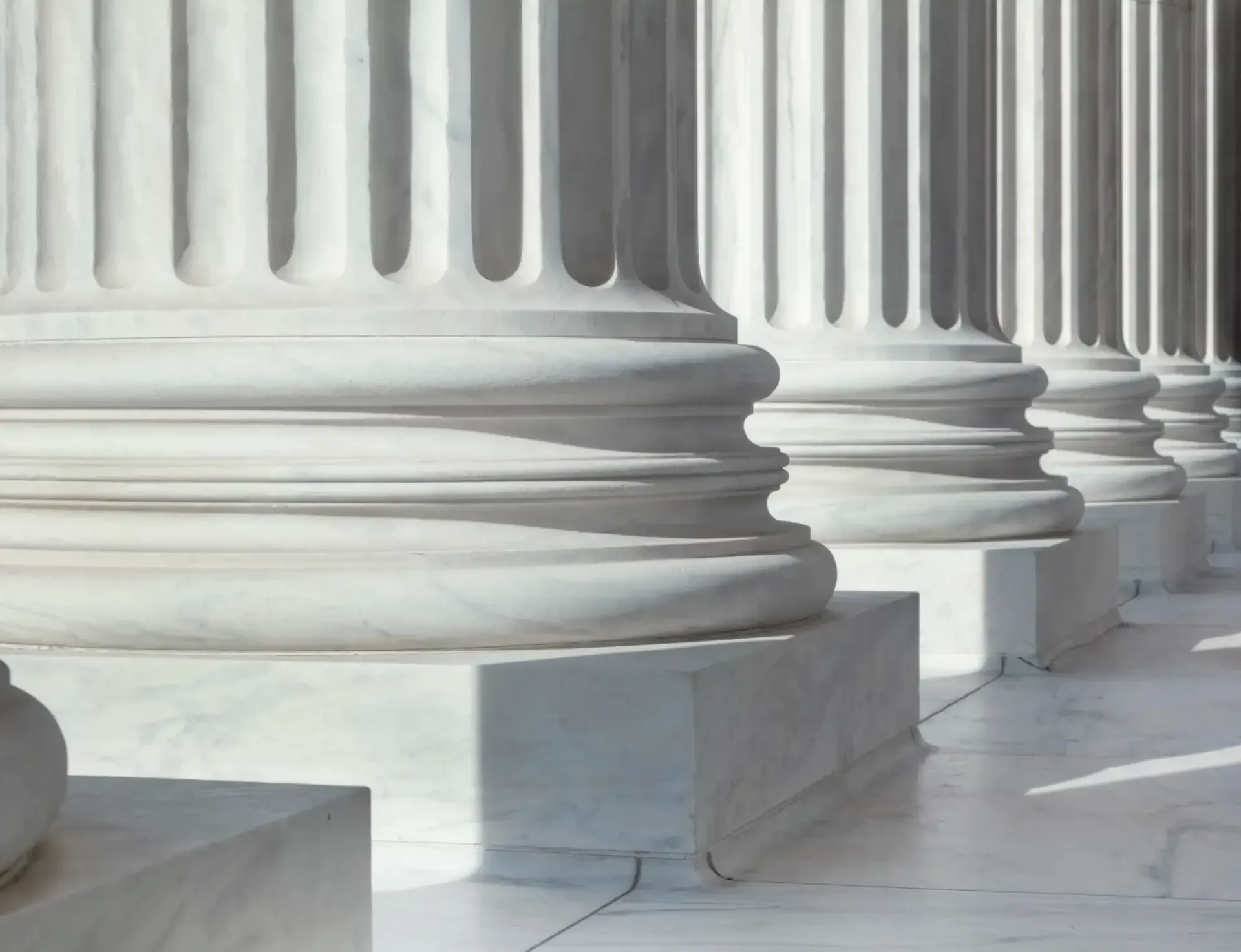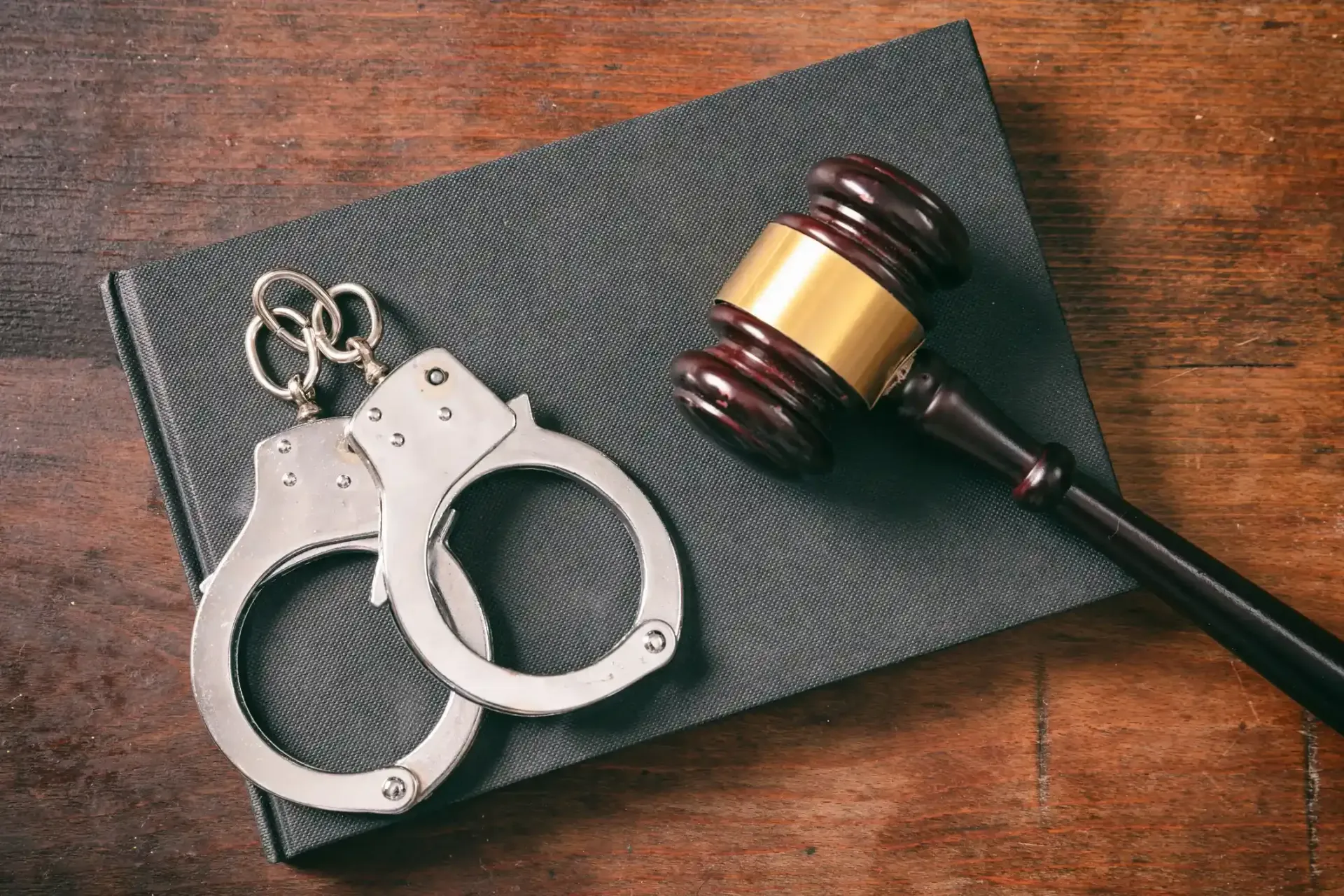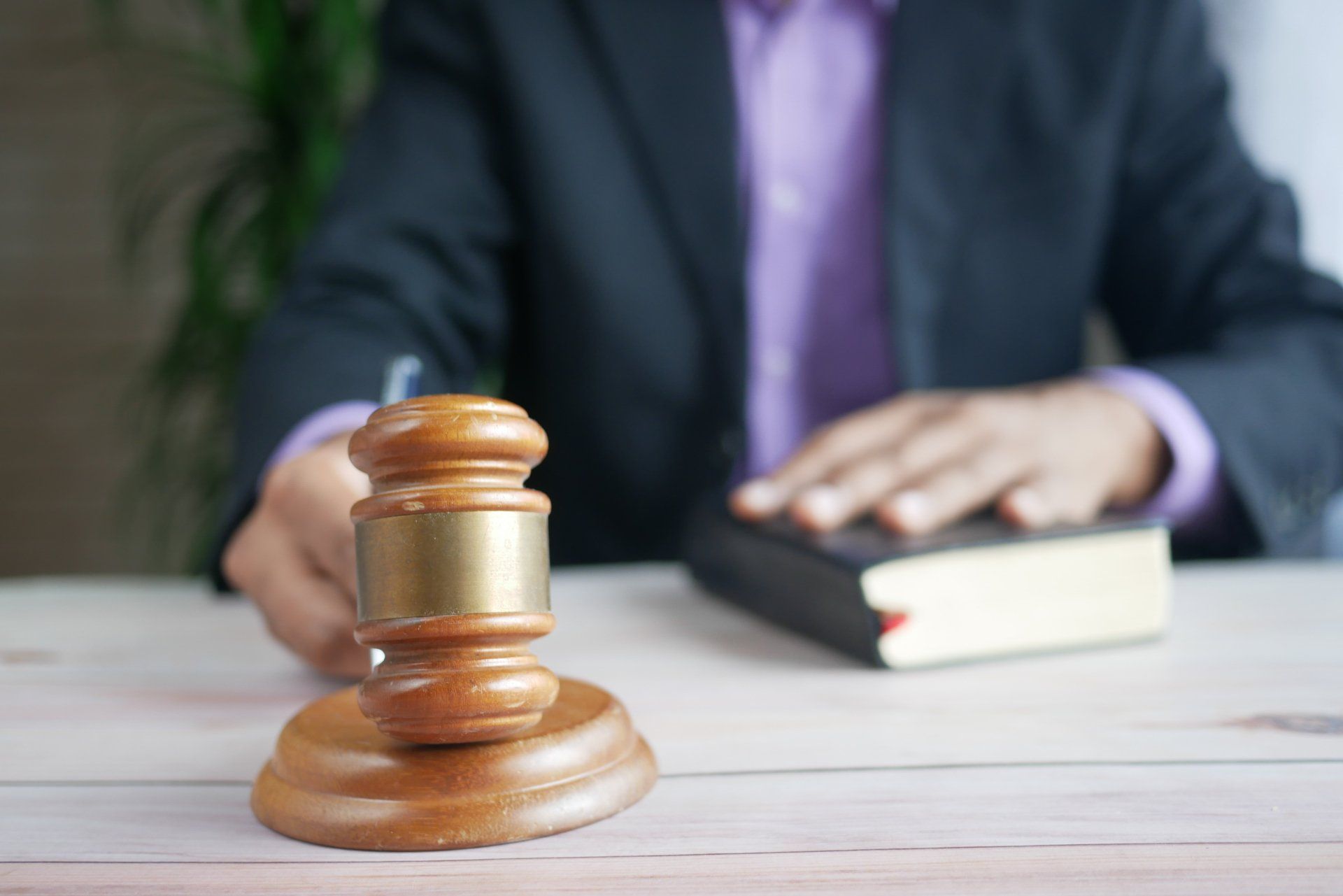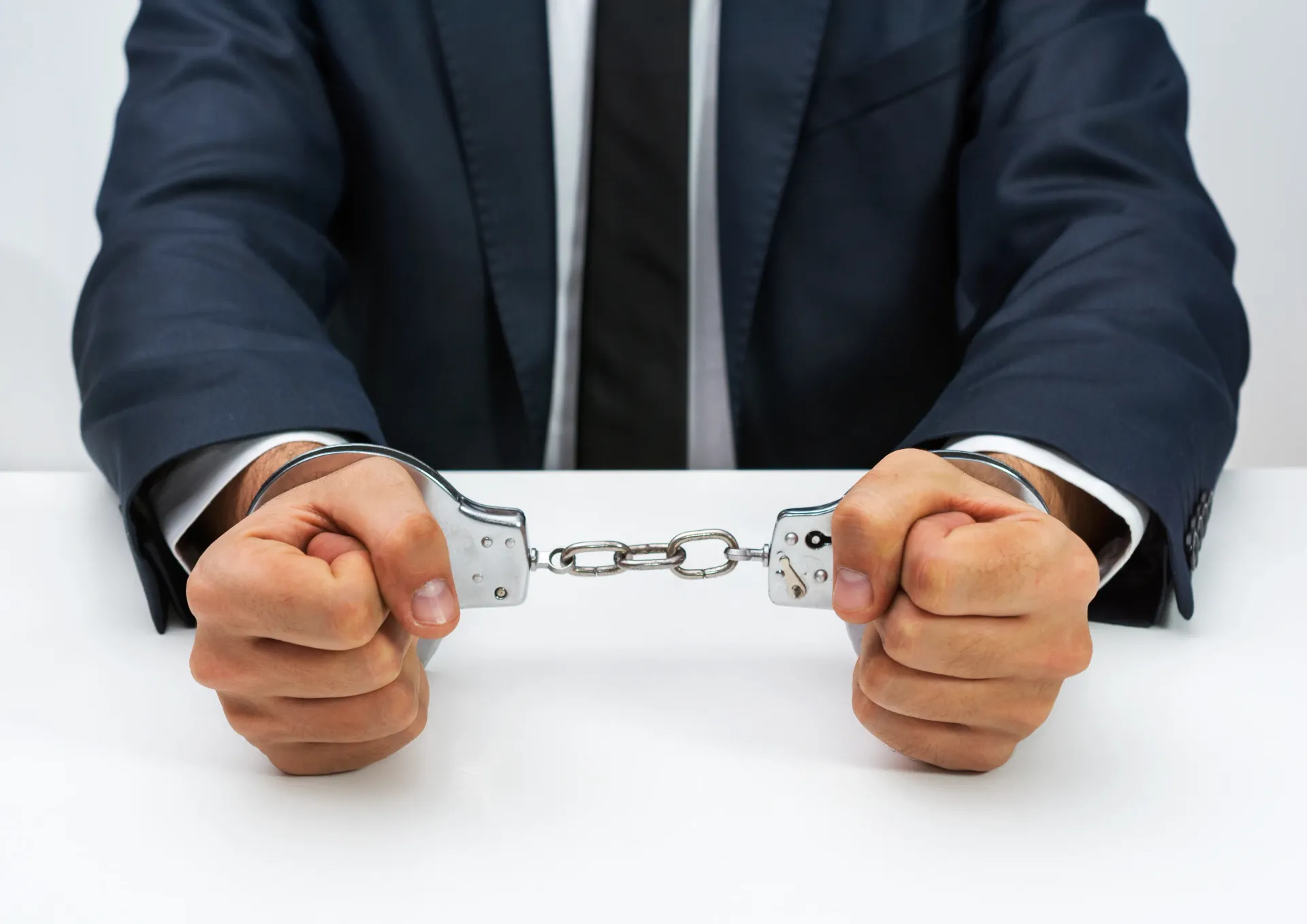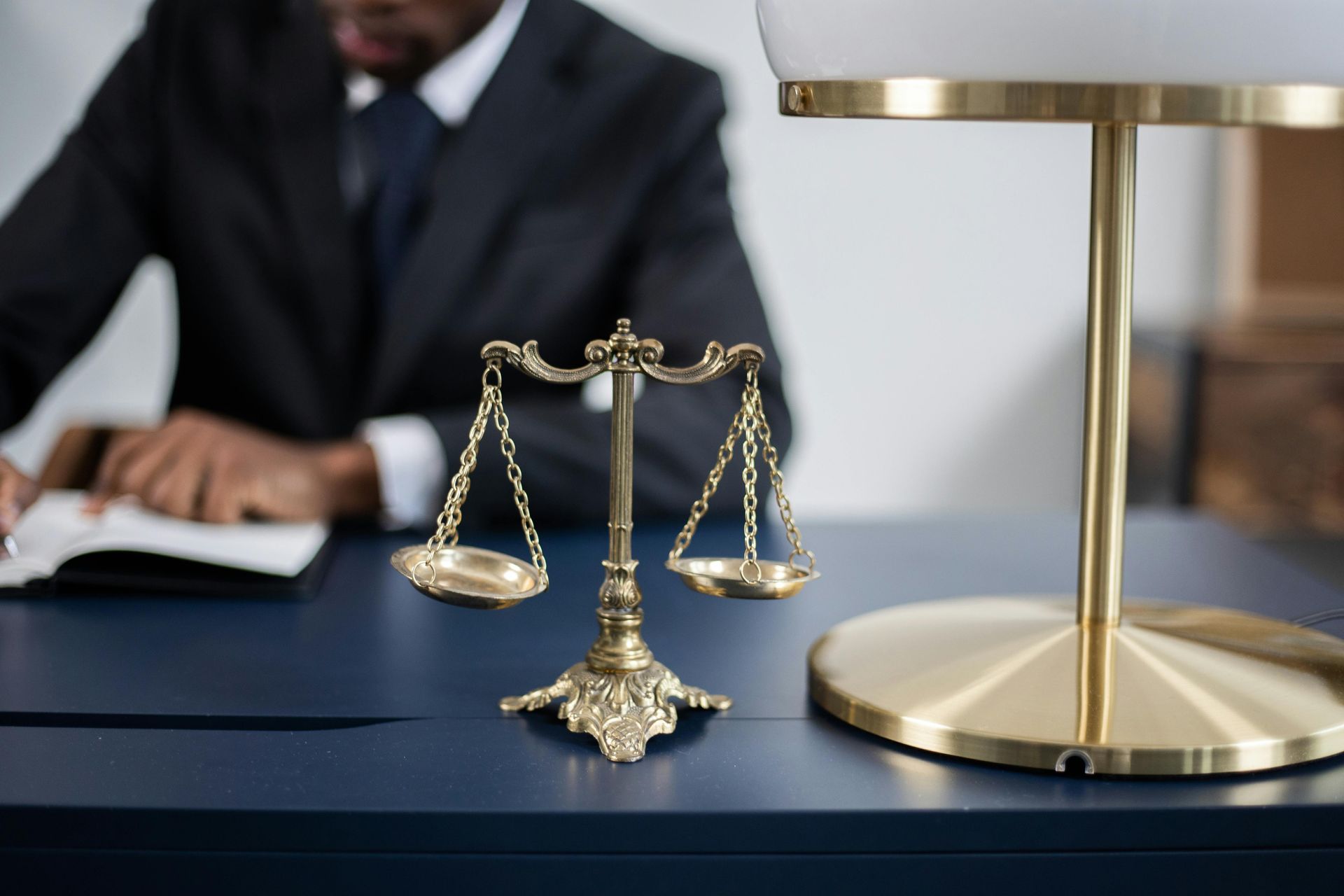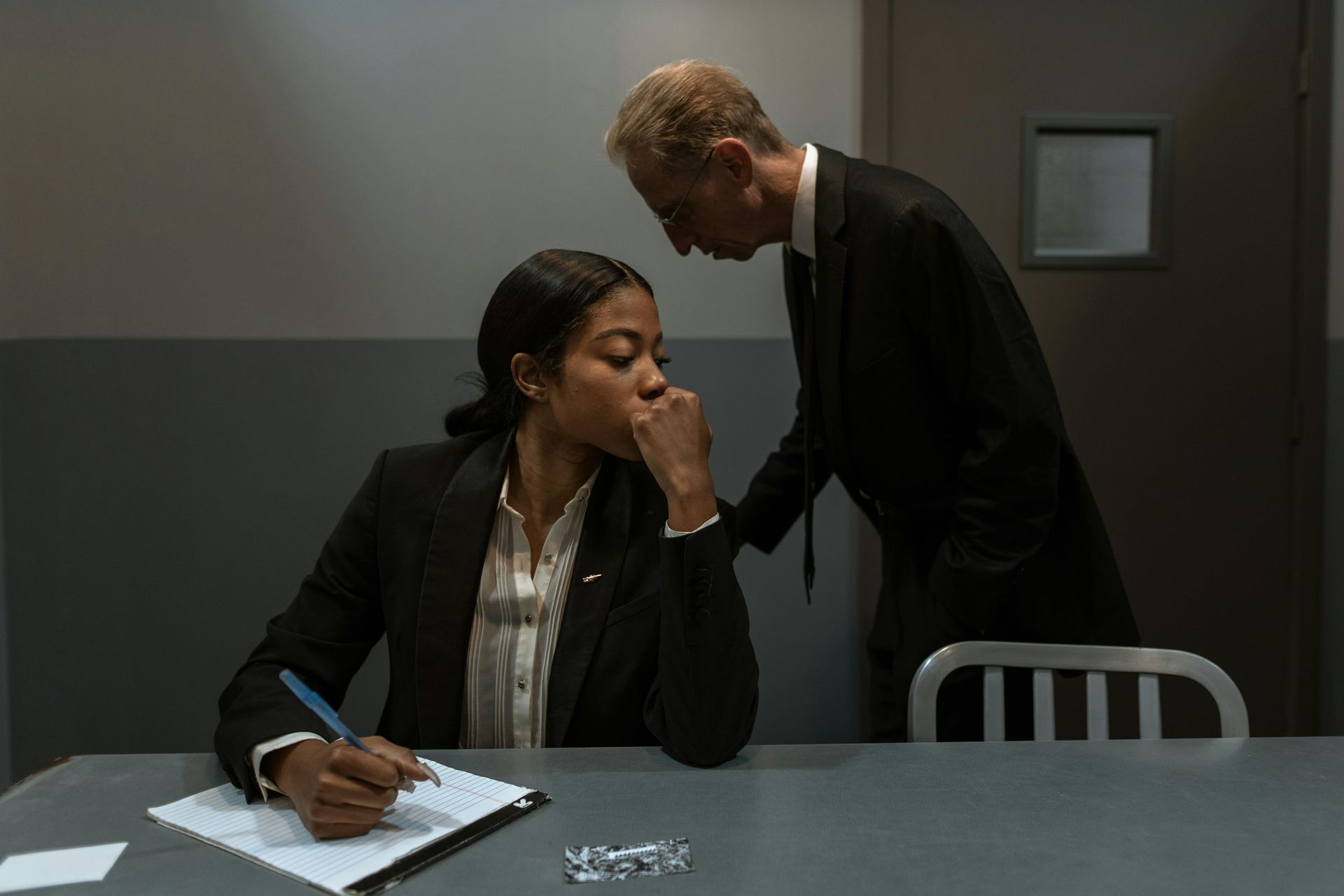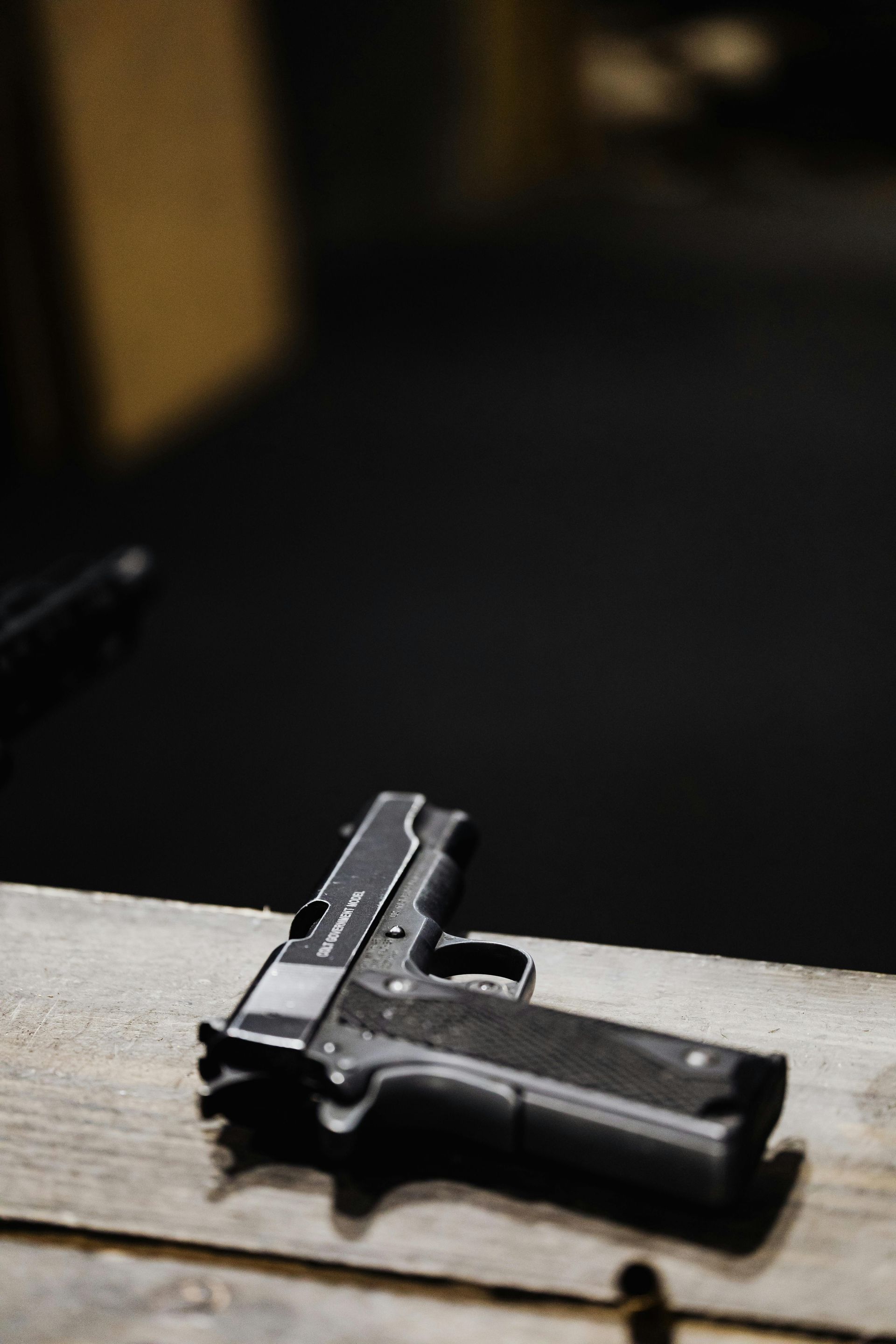Reasonable Doubt and its Intricacies
Before a criminal Defendant can be found guilty, the prosecutor must have convinced the fact-finder at trial that the Defendant is guilty “Beyond a Reasonable Doubt”. The “Beyond a Reasonable Doubt” standard is the highest standard of proof in the American legal system. In civil matters, for example, the standard of proof for the Plaintiff is “By a Preponderance of the Evidence”; in other words, more likely than not.
How is “Beyond a Reasonable Doubt” defined?
To be convicted of a criminal charge, the prosecutor must have eliminated every single reasonable doubt in the mind of the fact-finder, and must have done so with respect to every element of every count charged. This is, no doubt, no easy task. The California jury instructions on “Beyond a Reasonable Doubt” define it as proof that leaves the fact-finder with an abiding conviction that the charge is true. Typically, it is argued as being proof that leaves the fact-finder believing that they have gotten to the correct conclusion of guilt such that they will never question that decision for the rest of their lives. Again, no easy feat. It is the defense attorney’s job to bring to light whatever doubts there are in the case at trial.
Contact a Pomona Criminal Defense Attorney Today!
If you have a criminal trial coming up, you need an attorney that knows how to expose doubts in your case. Contact Lucero, PC at 213-668-7569 to get started in your case preparation. It is our honor and privilege to be your voice in Court.
